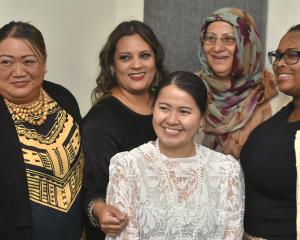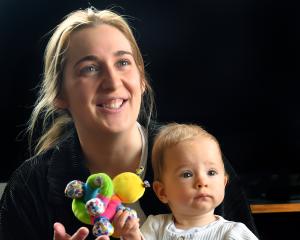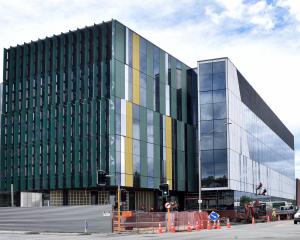
But it also had to be affordable, he told a public meeting in Dunedin yesterday.
"It’s hard when you are running a deficit to operate sustainably, both clinically and financially," Mr Fleming said.
"We have set aside money for this though, over the next three years, which is the time period we envisage for rolling it out in.
"It’s a mere fraction of our budget ... but it’s too important not to do it."
The SDHB has held a sequence of public meetings in Otago and Southland over the past fortnight seeking public comment on the draft plan.
The DHB intends to set up a new primary healthcare model, with greater use of technology and patients being encouraged to self-manage their health issues at home, where appropriate.
The primary health system will be set up in a hub-and-spoke system with a "health-care home" at the centre and services radiating off it.
Similar systems have been set up at other DHBs, including Northland, Waikato and Canterbury.
There will also be increased communication between health providers to share information and make sure procedures like tests weren’t unnecessarily repeated.
SDHB commissioner Kathy Grant told the meeting the draft plan was effectively reshaping the health system for the lower South Island.
In 20 years’ time, 25% of the South’s population would be 65 years old or older, and population sizes in certain areas — especially the Lakes district — would be far greater.
"Where will that workforce come from? Those clinicians will have needed to have started their training now," Mrs Grant said.
"If we keep services as they are now, it will require a huge increase in the number of beds in both Dunedin and Invercargill and that is unsustainable in terms of costs, both in terms of cost to the DHB and cost to the community.
"The current model cannot deliver the future."
Questions from the floor covered a wide range of topics, including whether the health literacy of the public required by the plan was achievable, how technology systems would work in practice, whether thought had been given to disabled people, and whether GPs and surgeons supported the plan.
Feedback on the draft plan will be accepted by the DHB until the end of the month.












